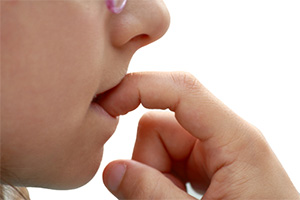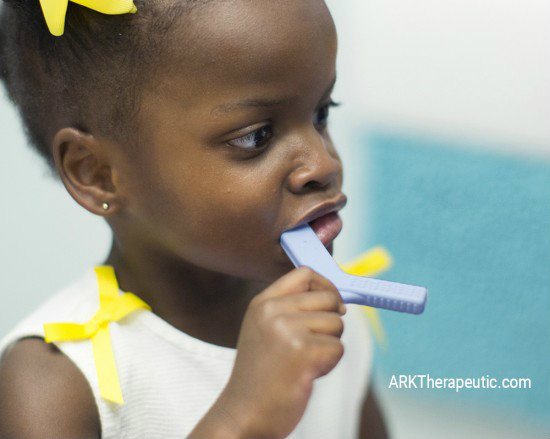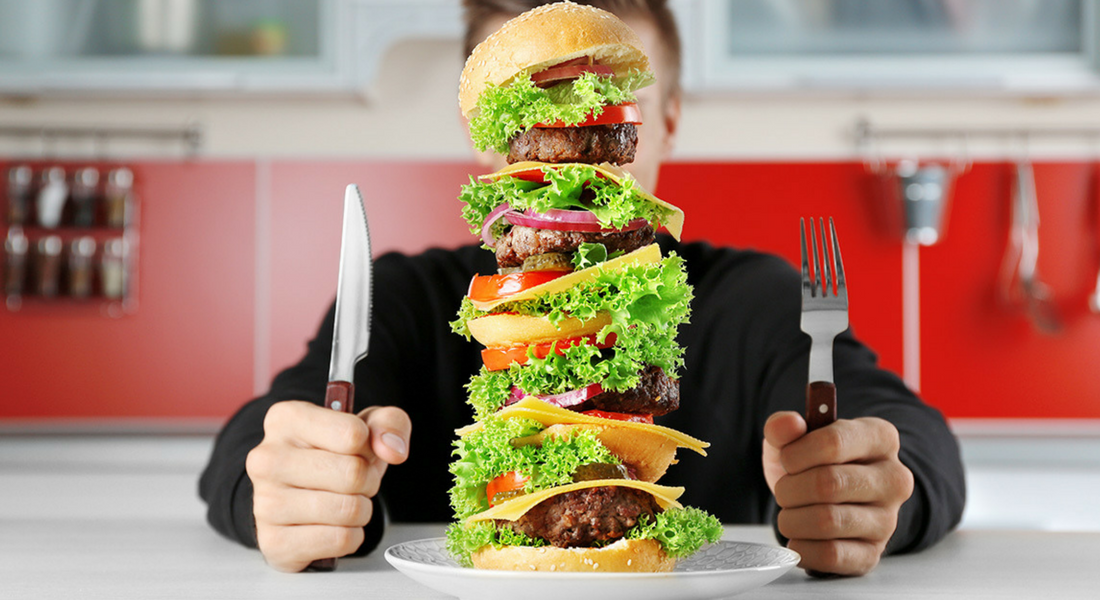Retrieved from https://www.health.harvard.edu/staying-healthy/why-stress-causes-people-to-overeat May 26, 2019
Retrieved from https://thriveglobal.com/stories/common-habits-caused-by-anxiety/ May 26, 2019
Retrieved from https://kidshealth.org/en/teens/tics.html May 29, 2019
Retrieved from https://www.huffpost.com/entry/stress-relief-tools-old-fashioned-remedies_n_3022241 June 2, 2019
Retrieved from https://www.webmd.com/a-to-z-guides/what-is-cortisol#1 May 29, 2019
Retrieved from https://www.mayoclinic.org/diseases-conditions/trichotillomania/symptoms-causes/syc-20355188 June 2, 2019
Retrieved from https://www.psychologytoday.com/us/conditions/onychophagia-nail-biting June 2, 2019
Retrieved from https://www.arktherapeutic.com/blog/why-does-my-older-child-chew-on-everything/ June 2, 2019
Tuesday, June 4, 2019
Bad Habits
Some Bad Habits Resulting from Stress

Pulling hair
Trichotillomania, otherwise know as an unresistible urge to pull at your hair, is usually caused by stress.It can be hair from your eyebrows, eyelashes, or scalp, and when people with Trichotillomania do this it provides them with positive feelings. It is considered a mental disorder.

Biting Nails
Onychophagia, or long-term nail biting, is when people like to bite their nails. It is often linked to people suffering from stress. According to Psychology Today, "People who habitually bite their nails report that they do so when they feel nervous, bored, lonely, or even hungry. Remember that when people are stressed for the long-term, they often get hungry as well.

Chewing on Random Objects
People like to chew. We like gum, erasers, food, and much more, especially when we are stressed. Why? Chewing gives us a way to feel more calm. According to ARK Therapeutic, chewing is a "mechanism for how we cope with stress."

Pulling hair
Trichotillomania, otherwise know as an unresistible urge to pull at your hair, is usually caused by stress.It can be hair from your eyebrows, eyelashes, or scalp, and when people with Trichotillomania do this it provides them with positive feelings. It is considered a mental disorder.

Biting Nails
Onychophagia, or long-term nail biting, is when people like to bite their nails. It is often linked to people suffering from stress. According to Psychology Today, "People who habitually bite their nails report that they do so when they feel nervous, bored, lonely, or even hungry. Remember that when people are stressed for the long-term, they often get hungry as well.

Chewing on Random Objects
People like to chew. We like gum, erasers, food, and much more, especially when we are stressed. Why? Chewing gives us a way to feel more calm. According to ARK Therapeutic, chewing is a "mechanism for how we cope with stress."
Monday, June 3, 2019
Overeating

Overeating
People with stress often overeat. Why? When we are stressed, our bodies release too much of a stress hormone called cortisol. Cortisol is normally used to help control our sleep schedules, maintain glucose levels, and helps your brain control mood, motivation and fear. When there is too much, it makes us want to eat more.
Tics
Tics Related to Stress
Long term stress can lead to tics. What is a tic? A tic, according to Matthew Toohey, is "a sudden, repetitive, non-rhythmic movement involving a distinct muscle group—like an uncontrolled eye blinking." There are two types of tics: motor tics and vocal tics.
Motor Tic
A motor tic is a tic that involves muscles. Examples would be facial tics like nose wrinkling, head twitching, excessive blinking, and grimacing. These are all simple motor tics. As for complex motor tics, it could be kicking, smelling objects, jumping, and random movements.
Vocal Tic
A vocal tic is a tic that has to do with sound. Examples of simple vocal tics can be coughing, grunting, barking, and sniffing. Complex vocal tics are yelling, making animal noises, and repeating words and phrases.
Tics and Stress
Many of these tics are results of other disorders, but too much stress can result in temporary tics or tics that reoccur. Tics are all involuntary, and many people who get them are often embarrassed by them. This will only make it worse, which is why it is important to not bring unnecessary and unwanted attention to someone's tics.
Long term stress can lead to tics. What is a tic? A tic, according to Matthew Toohey, is "a sudden, repetitive, non-rhythmic movement involving a distinct muscle group—like an uncontrolled eye blinking." There are two types of tics: motor tics and vocal tics.
Motor Tic
A motor tic is a tic that involves muscles. Examples would be facial tics like nose wrinkling, head twitching, excessive blinking, and grimacing. These are all simple motor tics. As for complex motor tics, it could be kicking, smelling objects, jumping, and random movements.
Vocal Tic
A vocal tic is a tic that has to do with sound. Examples of simple vocal tics can be coughing, grunting, barking, and sniffing. Complex vocal tics are yelling, making animal noises, and repeating words and phrases.
Tics and Stress
Many of these tics are results of other disorders, but too much stress can result in temporary tics or tics that reoccur. Tics are all involuntary, and many people who get them are often embarrassed by them. This will only make it worse, which is why it is important to not bring unnecessary and unwanted attention to someone's tics.
Stress Balls

Stress Balls
Stress balls come in all shapes and sizes. Their main function is to help people to relieve stress by helping them have less tension. When a person gets stressed, they naturally become tense, and long-term tension of the body and muscles can lead to headaches. Squeezing a stress ball is a way of releasing the tension in the body.


What does stress make us do?

What does stress make us do?
Stress gives us a lot of weird habits. Ever heard of stress balls or tics or people overeating? Ever seen people biting their nails, pulling their hair, biting your lower lip, stuttering when talking, or chewing on random objects? These are all results of stress.
Short Intro to Stress

What is stress?
The definition of stress according to medicinenet.com is: Stress is a physical, mental, or emotional factor that causes bodily or mental tension. There is positive stress and negative stress.
Positive Stress
Good stress, otherwise known as eustress, is stress that helps us. Stress oftentimes helps force us or prompt us to study for a test. It helps us get a task done.
Negative Stress
Negative stress, or distress, is the stress that causes us anxiety and other problems that can be mental or physical.
Janie Kuang, Klipa 1
Subscribe to:
Comments (Atom)